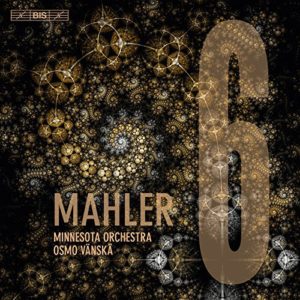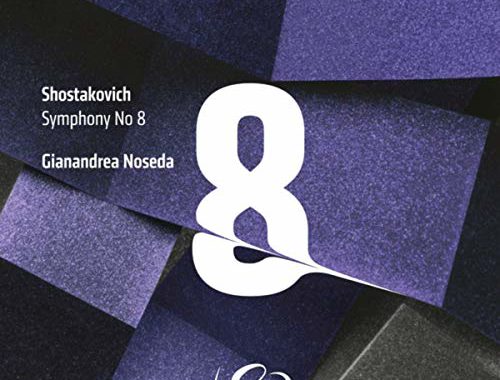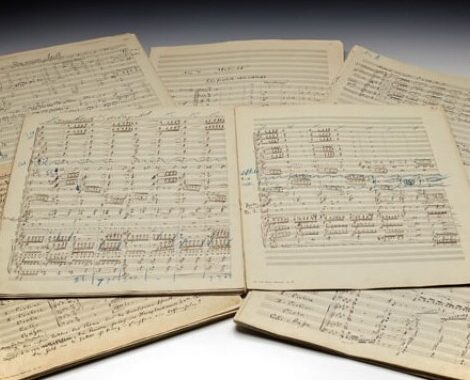BBC Symphony Orchestra & Chorus, Bychkov, Barbican Hall
Ask not for whom the bell tolls. Rachmaninov didn’t: he knew. Or rather he was convinced that they all tolled for him. His splendid choral symphony The Bells is full of ominous premonition with even the “Silver Sleigh Bells” of a lost youth – scintillating with some of the composer’s most expensive orchestration – promising only oblivion. But then the words (those that aren’t lost in translation) are by Edgar Allan Poe and he was rarely the master of good cheer. Gothic is the word which best describes this blissfully unhappy union of composer and lyricist.
It takes a Russian soul to best understand its very particular melancholy and Semyon Bychkov worked wonders at freeing up both the BBC Symphony Orchestra and Chorus and to some extent disguising that peculiarly English intonation which can so inhibit the music’s full-throatedness. When the Russian populace sounded the “alarum bells” of the third movement those chromatic implorations hurled us into the thick of a Boris Godunov crowd scene. It was a suitably earnest din.
But the quiet elusiveness of the score was there, too: the humming chorus of the opening tableau, born of nostalgia but conveying only sorrow; the aching anticipation of the bride-to-be, silvery soprano Viktoria Yastrebova tempering rapture with viola-tinged apprehension; and in place of a real Russian Boris, Vladimir Vaneev (why was no announcement made?), we had our own David Wilson-Johnson looking back with regret as Bychkov found a deep and abiding solace in Rachmaninov’s wonderful postlude.
But then Bychkov was suddenly a long way from home territory and the prospect of what he might make of Walton’s First Symphony was an enticing one. Less so the performance, which in all but the bittersweet slow movement never fully banished feelings of insecurity. You would not necessarily expect that from the BBC Symphony in this of all music but from oddly tentative opening measures (nervy in quite the wrong sense) all the way to that pennant-flying peroration it was a performance that never quite came to the boil.
There were compensations as a fresh and perceptive pair of ears uncovered a deeper wistfulness in the still centre of the first movement with such unlikely alliances as solo bassoon and viola striking one afresh. But the “malicious” scherzo was hardly the white-knuckle ride it needs to be and even the sub-Hindemithian fugue in the finale lost its resilience. Once more unto the breach, dear friends? Not exactly.
You May Also Like

GRAMOPHONE Review: Mahler Symphony No. 6 – Minnesota Orchestra/Vanska
20/06/2018
GRAMOPHONE Review: Shostakovich Symphony No. 8 – London Symphony Orchestra/Noseda
30/01/2019